
THIRD PARTY SUPPLIER AUDIT
Third-party supplier audits provide an objective and expert evaluation of suppliers, ensuring compliance, quality, and ethical practices. By leveraging the expertise of independent auditors, companies can enhance their supply chain management, mitigate risks, and build stronger, more reliable relationships with their suppliers.
WHAT IS A SUPPLIER AUDIT?
A supplier audit is like a quality check-up for companies. It's when a company takes a closer look at one of its suppliers to make sure everything is going smoothly. Think of it as a way to make sure the supplier is doing a good job, meeting all the rules and expectations, and being a trustworthy partner.
During the audit, they check various things like product quality, following the rules, being environmentally friendly, and even being fair and ethical. It's a way for companies to work closely with their suppliers to keep everything running smoothly and to make sure everyone is happy with the partnership.
The results of the audit help companies decide if they want to keep working with that supplier or if there are things that need to be improved.
Key aspects of a supplier audit include:
- Compliance Check: Ensure supplier adherence to regulations and standards.
- Quality Assessment: Evaluate product or service quality.
- Risk Assessment: Identify operational risks.
- Documentation Review: Verify compliance documentation.
- Operational Evaluation: Assess processes and facilities.
- Traceability: Confirm product tracking capability.
- Corrective Actions: Address non-compliance issues promptly.
ASI works with some of the largest retailers in the country such as Walmart, Amazon, Kroger, and Sprouts to conduct all supplier audits.
ASI specializes in helping companies prepare for and navigate supplier audits effectively. With our extensive experience in food safety and compliance, we offer comprehensive services to ensure that your organization meets the rigorous standards and requirements of supplier audits.
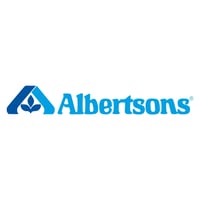
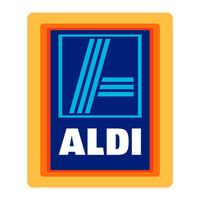
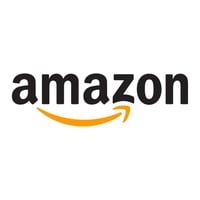
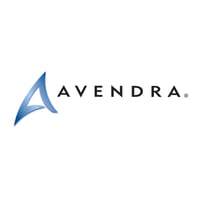
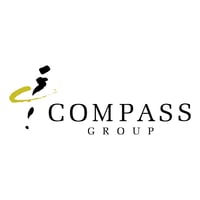
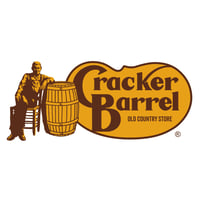
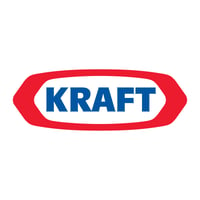
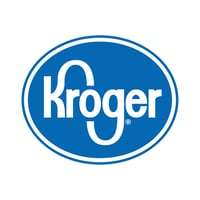
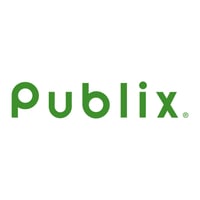
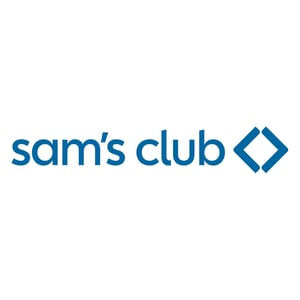
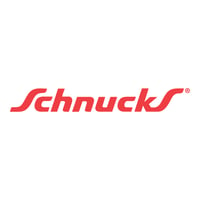
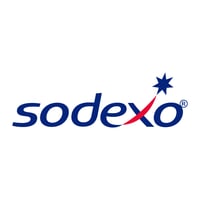
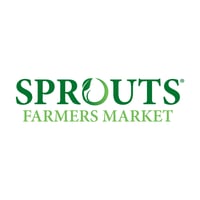
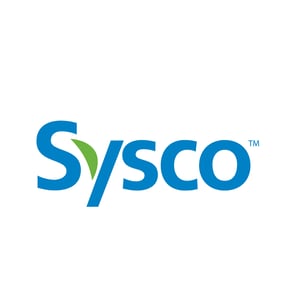
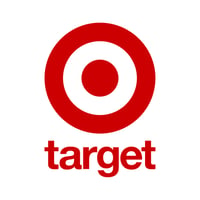
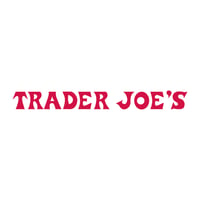
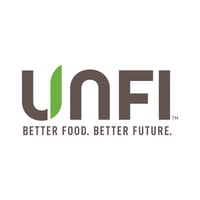
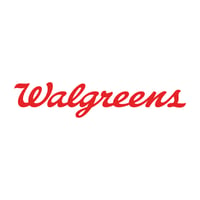
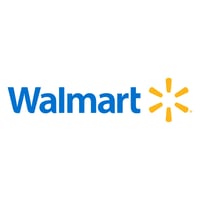
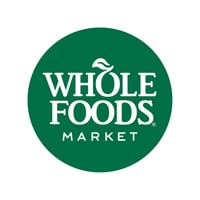
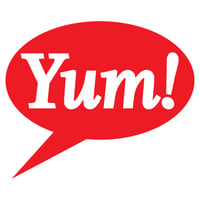
 If you require a food safety audit to comply with their standards, ASI can assist your organization in supporting Walmart's commitment to providing safe food to their customers, regardless of whether you're a new supplier or a long-standing partner.
If you require a food safety audit to comply with their standards, ASI can assist your organization in supporting Walmart's commitment to providing safe food to their customers, regardless of whether you're a new supplier or a long-standing partner.
 If you require a food safety audit to comply with their standards, ASI can assist your organization in supporting Yum! Brand commitment to providing safe food to their customers, regardless of whether you're a new supplier or a long-standing partner.
If you require a food safety audit to comply with their standards, ASI can assist your organization in supporting Yum! Brand commitment to providing safe food to their customers, regardless of whether you're a new supplier or a long-standing partner.
 If you require a food safety audit to comply with their standards, ASI can assist your organization in supporting McDonald's SQMS and DQMP Audits! ASI is approved to conduct audits according to McDonald's quality management system SQMS (Global Supplier Quality Management System) and DQMP (Distributor Quality Management Process).
If you require a food safety audit to comply with their standards, ASI can assist your organization in supporting McDonald's SQMS and DQMP Audits! ASI is approved to conduct audits according to McDonald's quality management system SQMS (Global Supplier Quality Management System) and DQMP (Distributor Quality Management Process).
Whether you're just starting as a supplier or have been a trusted partner for years, we are committed to helping you align with Sprouts Farmers Market's high standards for food safety. Our team at ASI provides comprehensive support throughout the entire audit process, ensuring your operations meet the rigorous requirements and helping you maintain the trust and confidence of Sprouts Farmers Market and their customers.
SUPPLIER AUDIT FAQ
1. What is a supplier audit?
A supplier audit is an evaluation of a supplier's processes, procedures, and compliance with industry standards, regulations, and contractual requirements. It aims to ensure the supplier meets quality, ethical, and operational standards.
2. Why should my business conduct supplier audits?
Supplier audits help mitigate risks, ensure compliance, improve product quality, enhance supply chain transparency, and build stronger relationships with suppliers. They also identify areas for improvement and cost savings.
3. What are the benefits of using a third-party certification body for supplier audits?
Third-party certification bodies provide unbiased evaluations, specialized expertise, and credible certification. They help ensure compliance, reduce risks, and improve supply chain efficiency and trustworthiness.
4. What types of standards and regulations are covered in supplier audits?
Supplier audits can cover various standards, including ISO 9001 (Quality Management), ISO 14001 (Environmental Management), GMP (Good Manufacturing Practices), HACCP (Hazard Analysis and Critical Control Points), BRCGS (Brand Reputation Compliance Global Standards), and SA8000 (Social Accountability).
5. How is a supplier audit conducted?
Supplier audits typically involve preparation and planning, on-site inspections, document reviews, interviews with key personnel, and reporting of findings. The process includes identifying non-compliance issues and recommending corrective actions.
6. How long does a supplier audit take?
The duration of a supplier audit depends on the scope, size, and complexity of the supplier’s operations. It can range from a few days to several weeks, including the preparation, on-site visit, and reporting phases.
7. What happens if non-compliance issues are identified during the audit?
If non-compliance issues are identified, the certification body will provide a detailed report with specific recommendations for corrective actions. The supplier will need to address these issues within a specified timeframe, and a follow-up audit may be conducted to verify compliance.
8. How often should supplier audits be conducted?
The frequency of supplier audits depends on the risk level, industry requirements, and specific agreements between the business and the supplier. High-risk suppliers may require annual audits, while others may be audited biennially or as needed.
9. Can we audit our suppliers ourselves instead of using a third-party certification body?
While internal audits are beneficial, using a third-party certification body ensures an unbiased, credible evaluation. Independent audits provide greater assurance to stakeholders and may be required for certain certifications and regulatory compliance.
10. What should we look for when selecting a certification body for supplier audits?
When selecting a certification body, consider their expertise, reputation, accreditation, experience in your industry, and the comprehensiveness of their audit process. It’s also important to review their reporting methods and follow-up procedures.
11. How much do third-party supplier audits cost?
The cost of third-party supplier audits varies based on factors such as the audit's scope, complexity, location, and the certification body's fees. It’s advisable to request a detailed quote and understand what is included in the cost.
12. How can we prepare for a supplier audit?
To prepare for a supplier audit, ensure all relevant documentation is up-to-date, train staff on audit procedures, and conduct internal reviews to identify and address potential issues. Clear communication with the supplier about the audit process and expectations is also essential.
13. What are the key outcomes of a supplier audit?
Key outcomes of a supplier audit include a detailed report of findings, identification of non-compliance issues, recommendations for improvement, and a follow-up plan for corrective actions. Successful audits can lead to certification and improved supplier performance.
14. How do supplier audits contribute to our overall business strategy?
Supplier audits contribute to risk management, quality assurance, regulatory compliance, and supply chain transparency. They support strategic goals by ensuring reliable, ethical, and high-quality suppliers, ultimately enhancing customer satisfaction and business reputation.